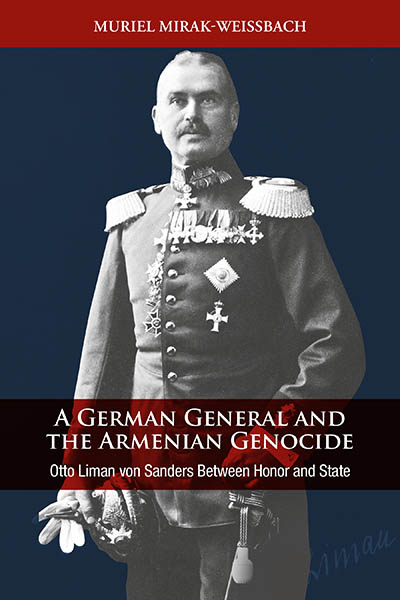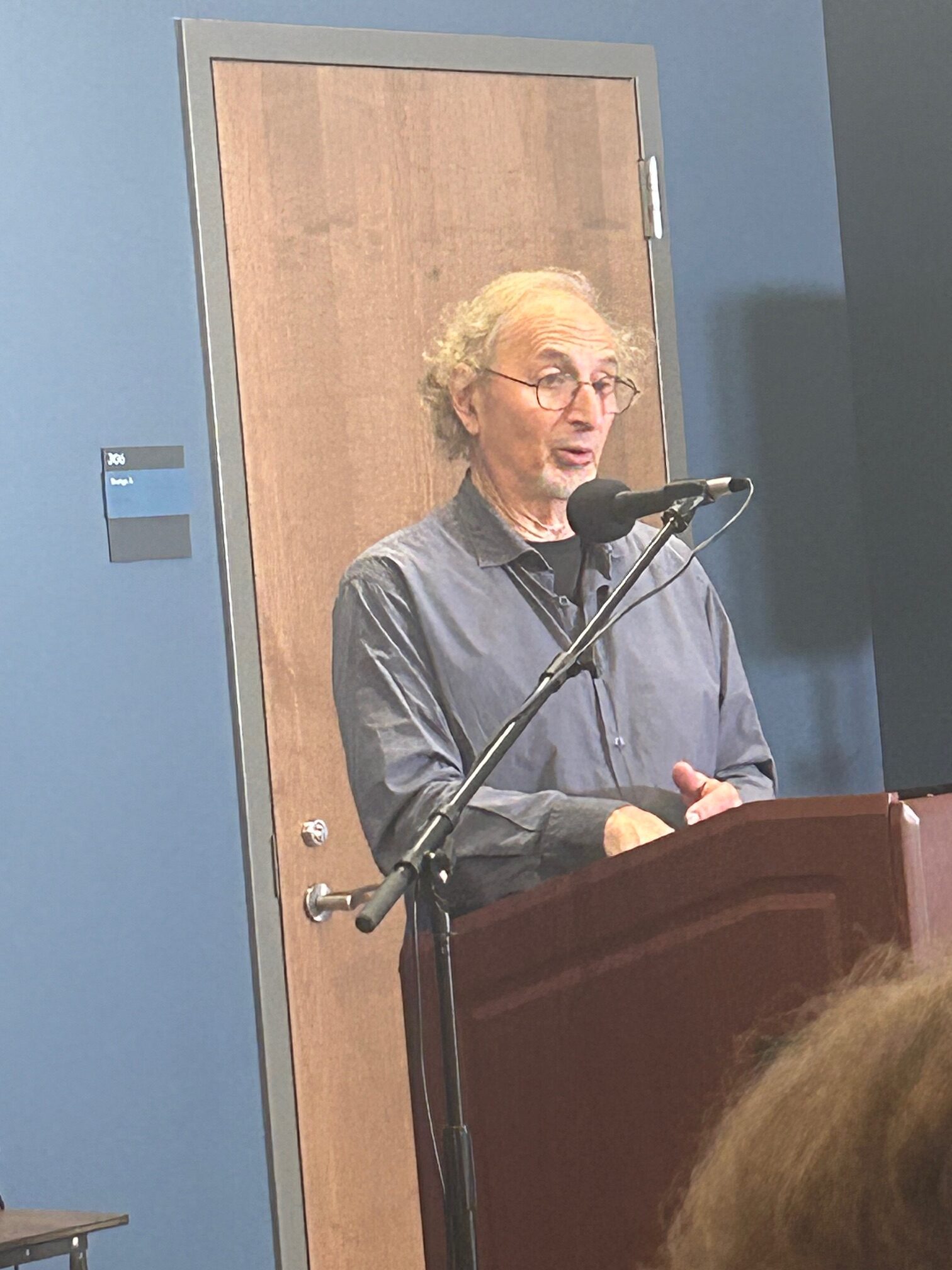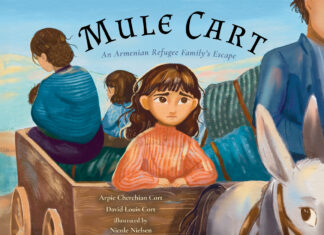ARLINGTON, Mass. — A military ally of the Ottoman Empire, which perpetrated the Armenian Genocide during World War I, the role of Germany has been marred in controversy. German military officers not only participated in many war operations, played a crucial role in organizing and structuring of the Ottoman army. An event on Sunday, September 28 at 4 p.m. on the occasion of the release of A German General and the Armenian Genocide: Otto Liman von Sanders Between Honor and State by Muriel Mirak-Weissbach, published by Berghahn Books, will discuss the legacy this leading, highly decorated and in the meantime, controversial German military officer.
The book launch is co-sponsored by the National Association of Armenian Studies and Research, Tekeyan Cultural Association, Goethe Institute and the Berghahn Publication.
Especially invited from Germany, the author of this meticulously researched, documented and thought-provoking reassessment, Muriel Mirak-Weissbach will discuss her findings based on the previously unpublished archival materials to shed light on the life and career of Liman von Sanders’ legacy, the ethical dimensions of his role as the top German military office, the moral dimensions of the conflict and the challenges of the justice during the Armenian Genocide, the first major human atrocity of the twentieth century.
After the armistice, Liman was among many high level German and Turkish military officers who were tried in Malta on charges related to the atrocities, after the armistice. “Who was responsible for his imprisonment? How did he gain his freedom? Why was he never officially rehabilitated? These questions became not just matters of historical justice but a personal obligation, given my family background. I wanted to set the record straight.”
The daughter of Genocide survivors, ancestors, orphaned parents who were saved by compassionate Turks, Mirak-Weissbach was both dismayed and intrigued. “If this German military leader had also acted to protect Christian minorities, I wanted to know more,” she said. “Why was he not acknowledged for these interventions? Who was he really, and what had he done during the war — and why?”
Mirak-Weissbach’s book is perhaps the first in-depth, serious biography of Liman. It is the outcome of years of research in government, military, university, and family archives — including those of Liman’s descendants: documents that helped reconstruct Liman’s life.









